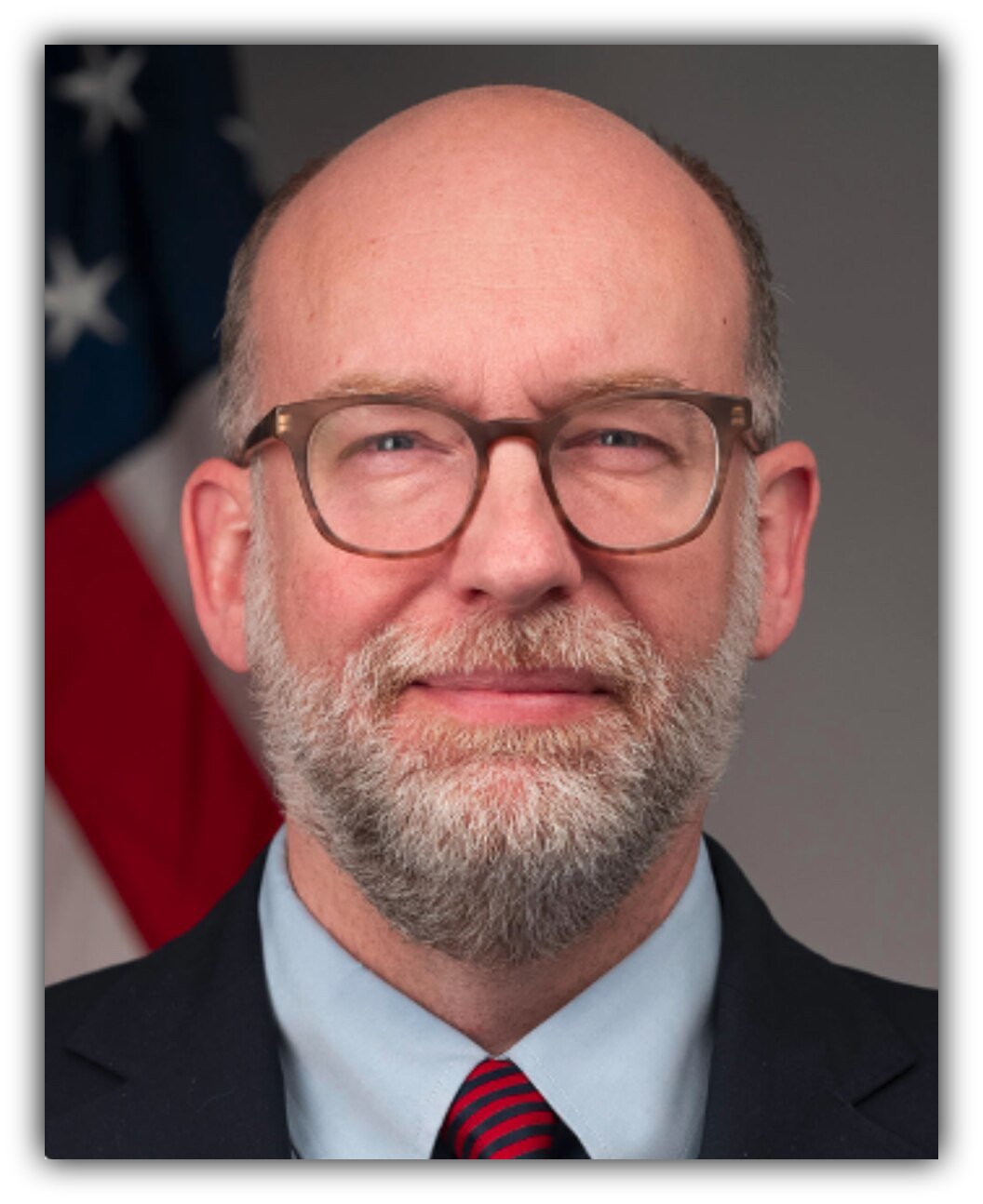Russell Vought, OMB Director and acting CFPB head, is a key architect of Project 2025, a conservative plan to limit agency powers and centralize executive control. This photo shows the man behind the controversial halt of CFPB investigations and agency restructuring.
By Gina Hill | Alaska Headline Living | November 2025
The Trump administration’s decision to withhold $2.1 billion in federally approved infrastructure funding for Chicago marks the clearest example yet of Budget Director Russell Vought using the government shutdown as a political pressure tool. The paused funding, meant for the long-planned Red Line extension into South-Side neighborhoods, has sparked immediate backlash from city officials and legal experts who say the freeze may violate appropriations law.

As head of the Office of Management and Budget, Vought controls the flow of federal dollars and plays a central role in how, or whether, agencies carry out Congress-approved programs. His use of that power during the shutdown underscores his unmatched influence within the administration.
A Powerful Architect Behind the Scenes
Vought’s rise has been fueled by his work on Project 2025, the sweeping conservative blueprint to reorganize federal agencies, shrink the civil service and centralize executive authority. Since taking over OMB, he has slowed or halted rulemaking across departments, pushed for workforce cuts, and used funding reviews to pressure agencies he sees as misaligned with the administration’s priorities.

These moves have reinforced the portrayal of Vought as a kind of “shadow president”, not in a literal constitutional sense, but in terms of how deeply he shapes the machinery of governance.
Growing Pushback
The Chicago funding freeze drew sharp criticism from Democratic lawmakers, who accuse the administration of weaponizing the shutdown to punish political opponents. Legal scholars warn the targeted withholding could violate the Impoundment Control Act and constitutional spending rules. Unions and agency heads are also raising alarms as OMB prepares for potential permanent layoffs instead of traditional temporary furloughs.
What Comes Next
Vought’s aggressive use of budget authority signals a broader shift: federal dollars, agency operations and even shutdown dynamics are now part of the administration’s political toolbox. Whether Congress or the courts intervene will determine how far this new model of executive power can go.
Bottom line:
Russell Vought is not the president, but in the architecture of this shutdown and the broader restructuring of the federal executive branch, he is one of its most powerful engineers.




